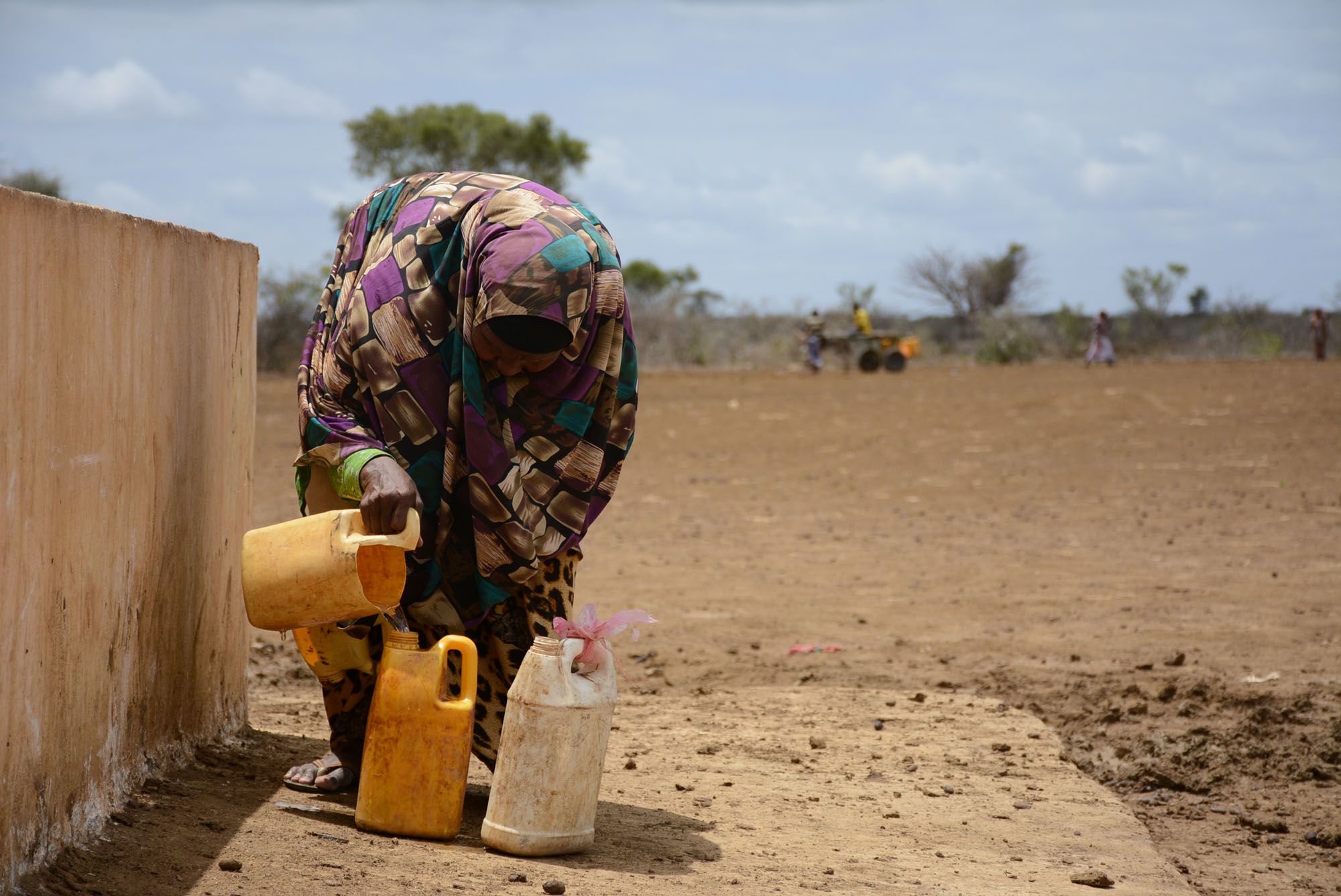Counterterrorism measures and principled humanitarian action

This section is designed to help develop your understanding of counterterrorism measures and how they can affect principled humanitarian action. By the end of it, you should be able to identify the sources of the counterterrorism measures that affect your organisation’s work, and some of the impacts on its operations.
What is terrorism?
There is no universally agreed definition of terrorism. The UN Security Council (UNSC) provides one in resolution 1566 from 2004 which refers to terrorism as “criminal acts, including against civilians, committed with the intent to cause death or serious bodily injury, or taking of hostages, with the purpose to provoke a state of terror in the general public or in a group of persons or particular persons, intimidate a population or compel a government or an international organisation to do or to abstain from doing any act”.
There can be some crossover between counterterrorism measures and International Humanitarian Law (IHL) , with both prohibiting acts of terror and aiming to protect civilians in situations of conflict. However, there are also significant differences.

